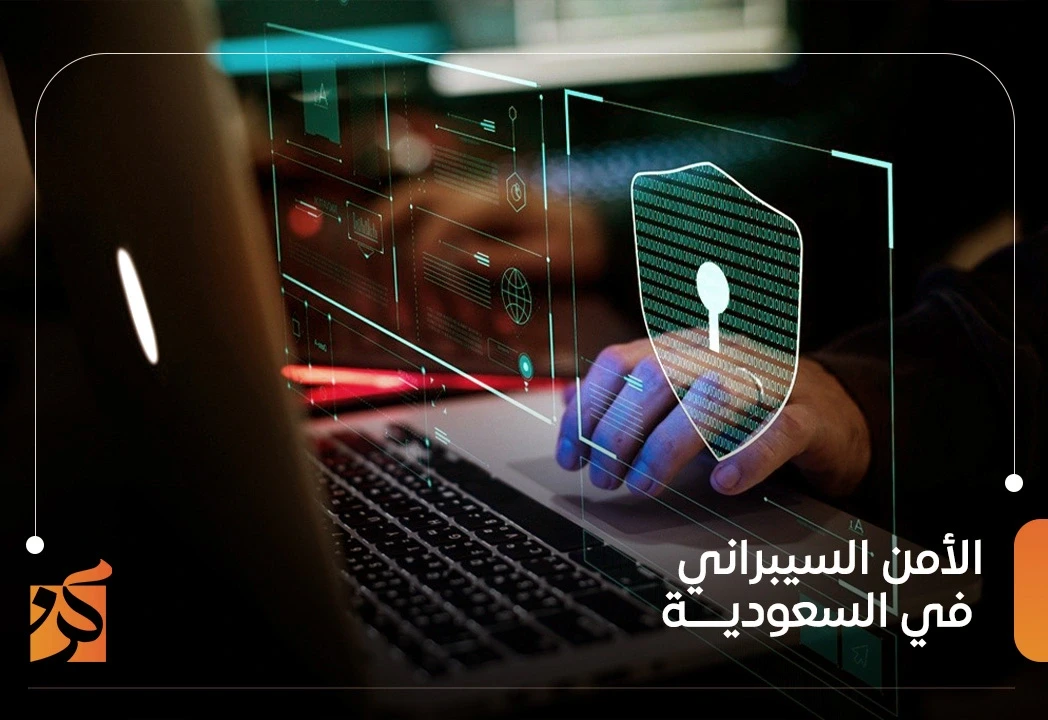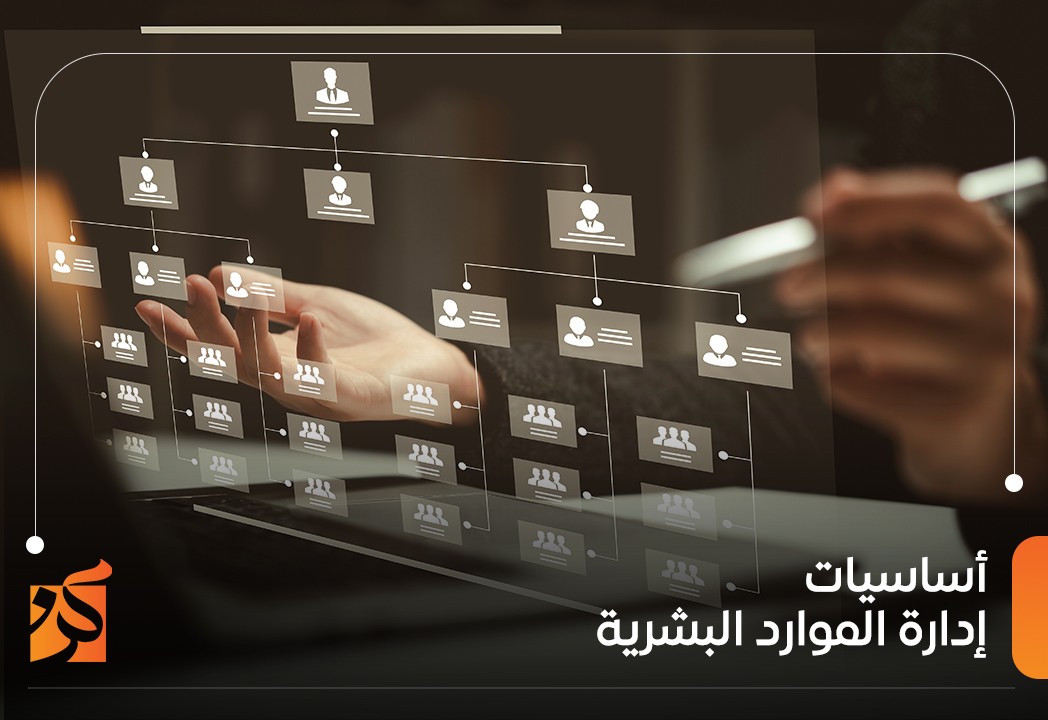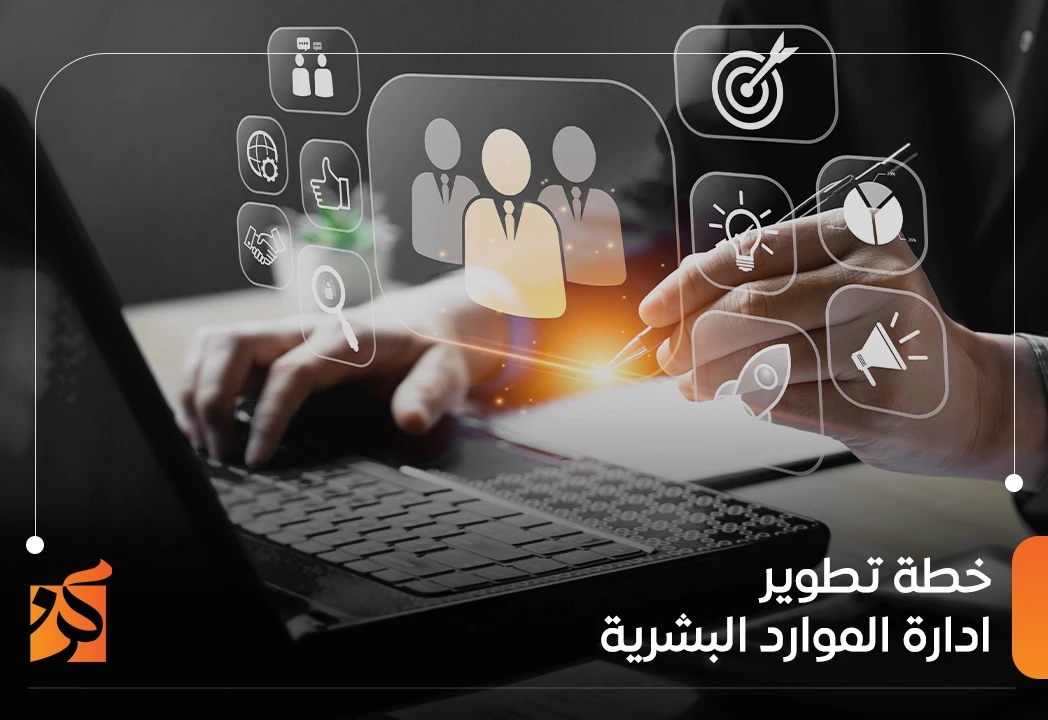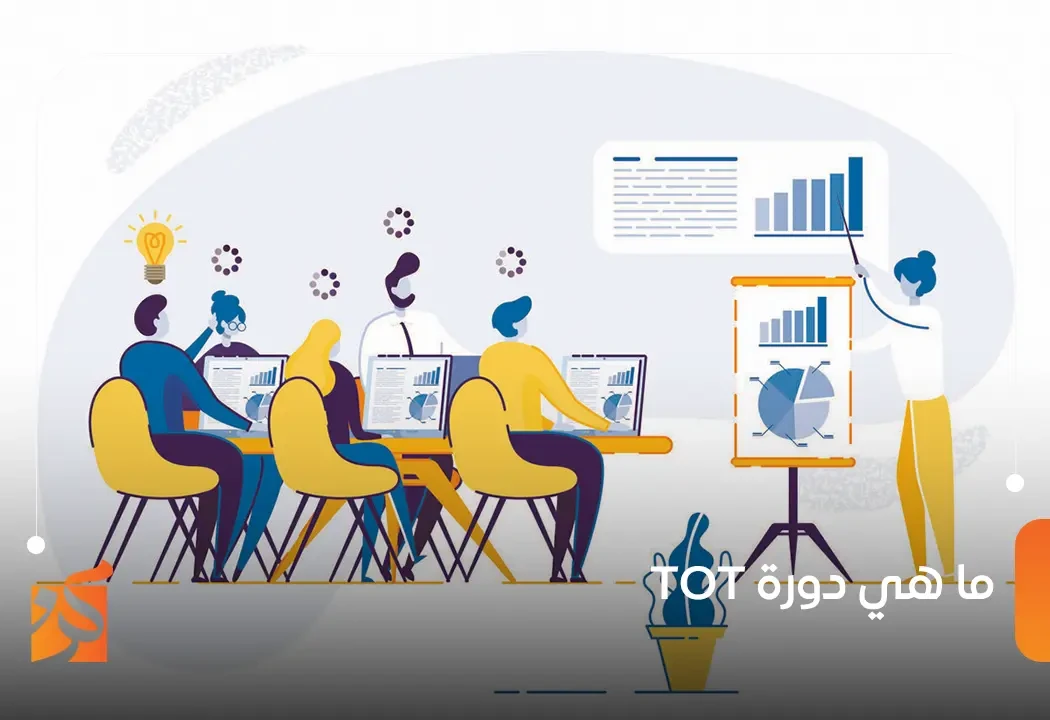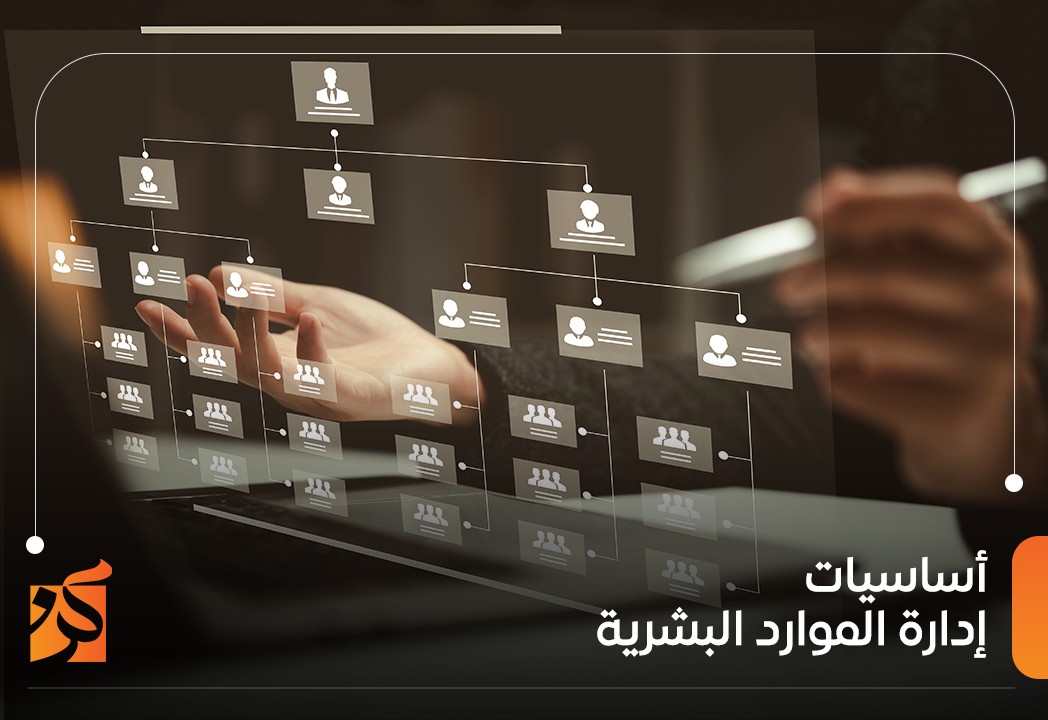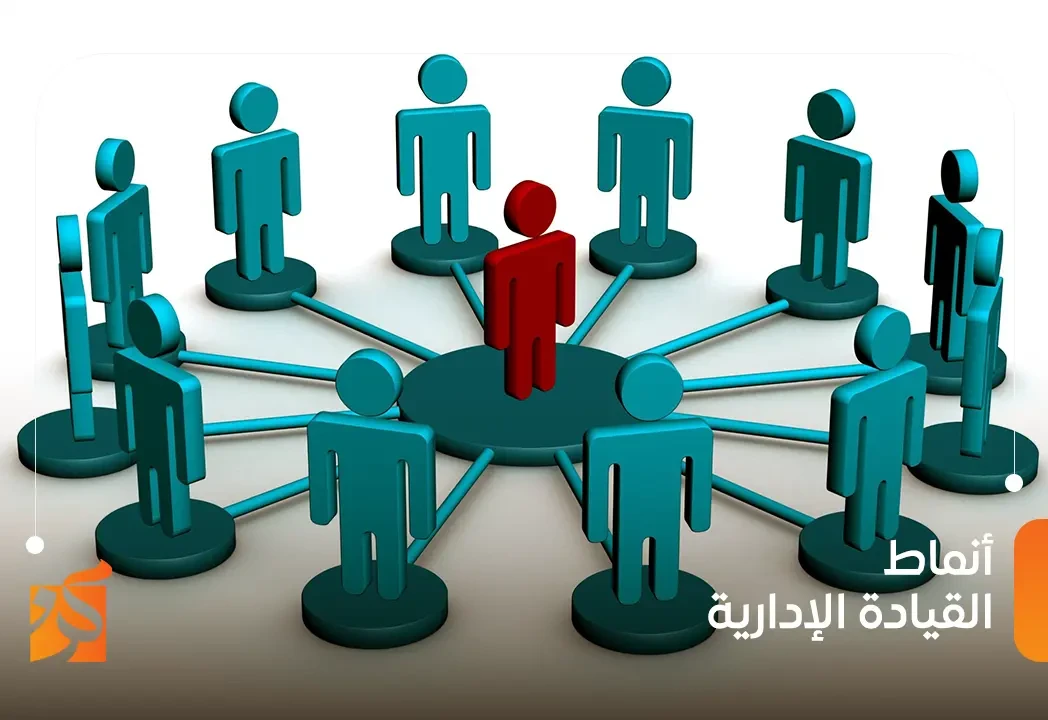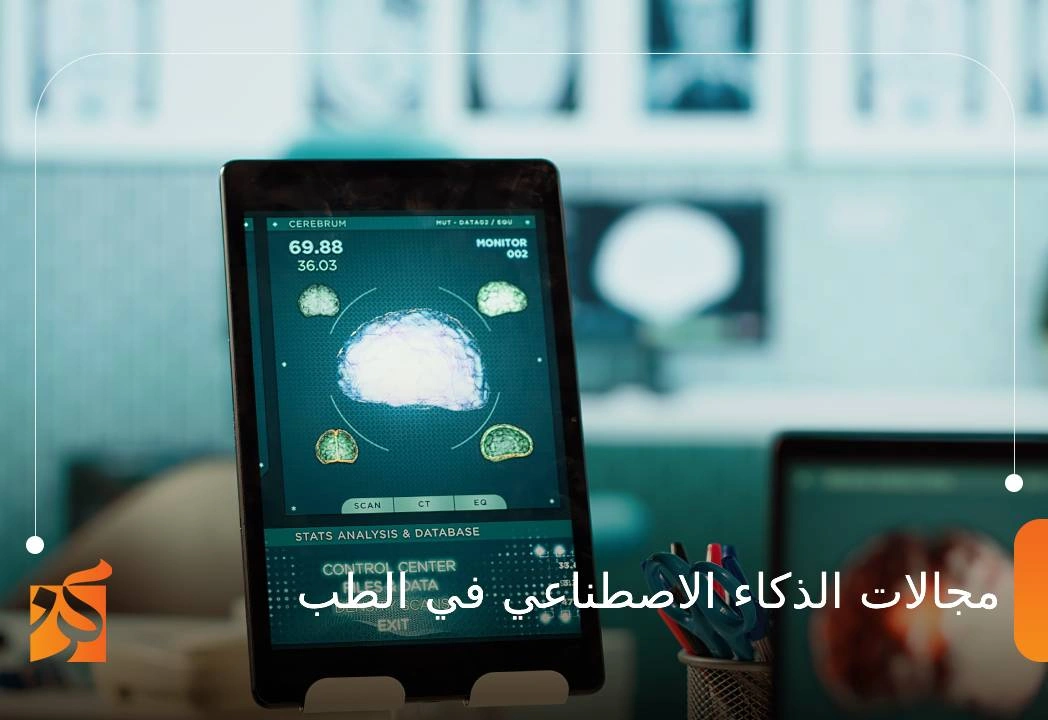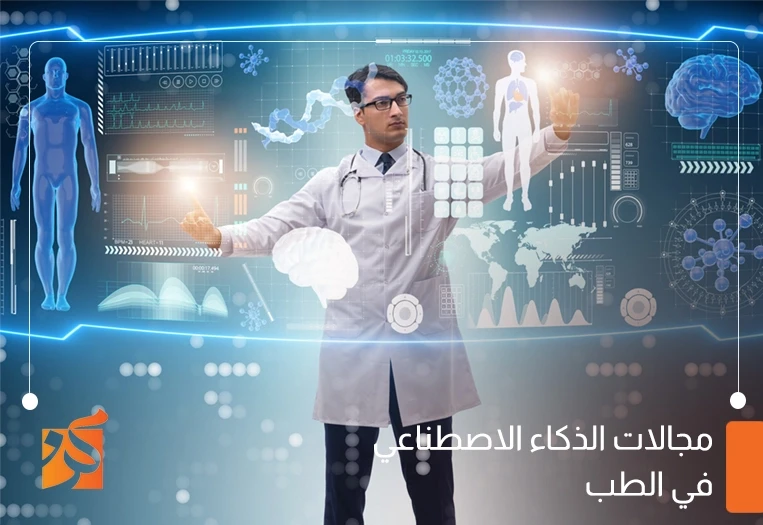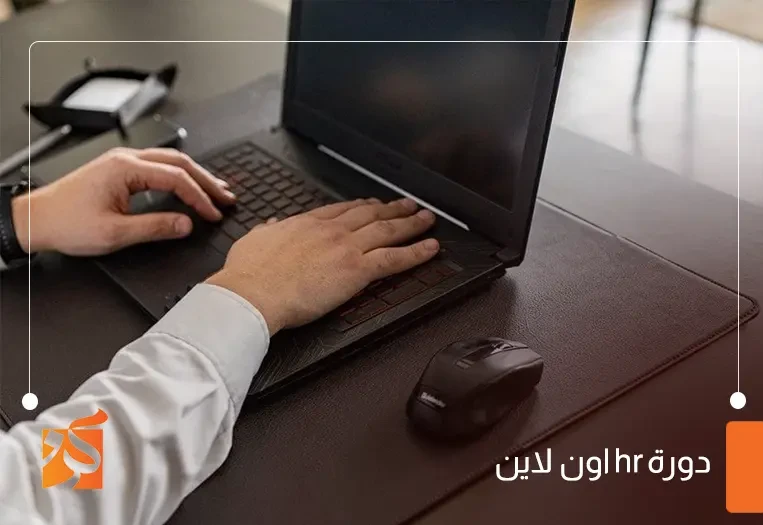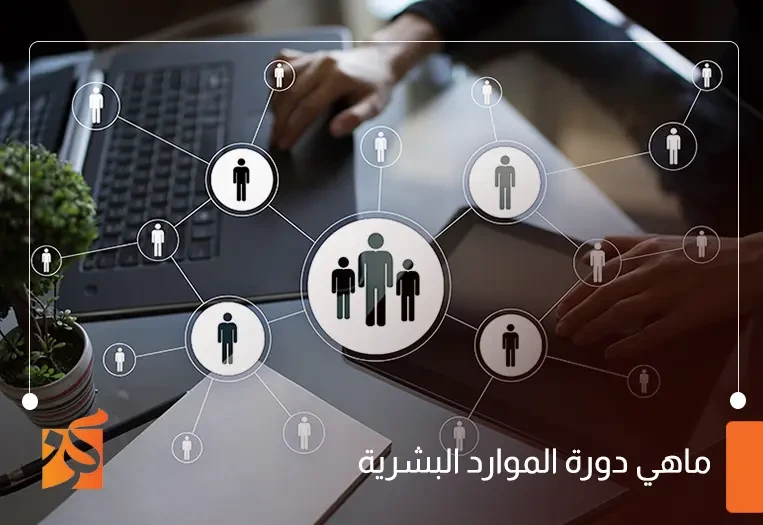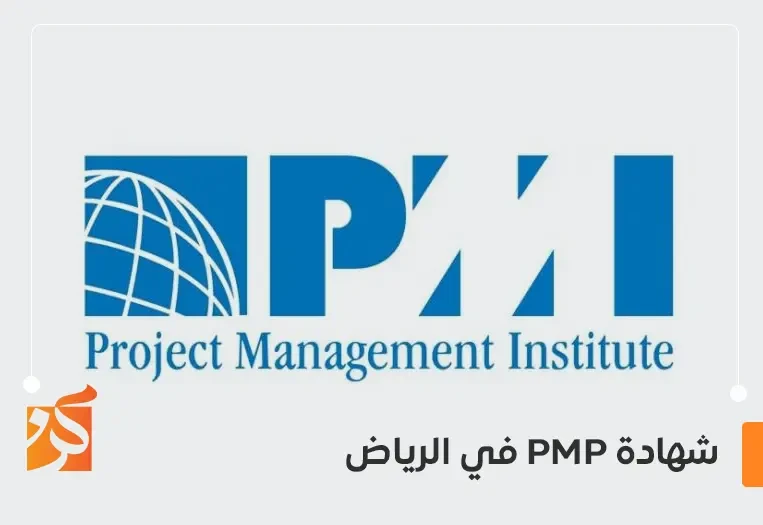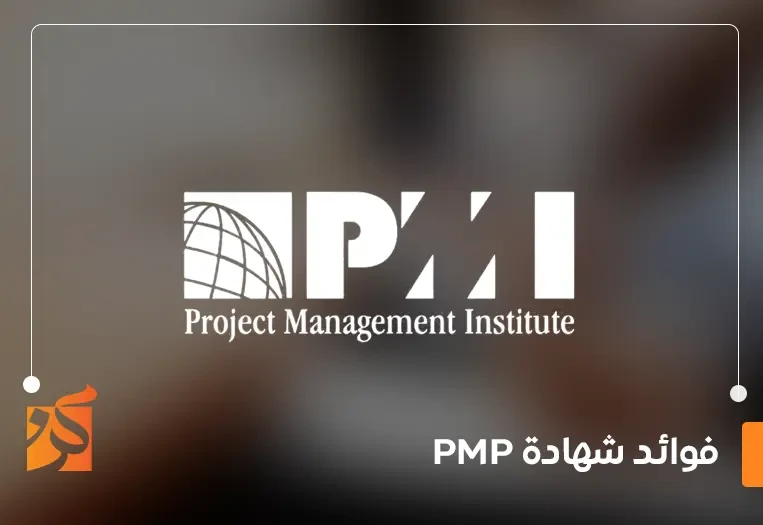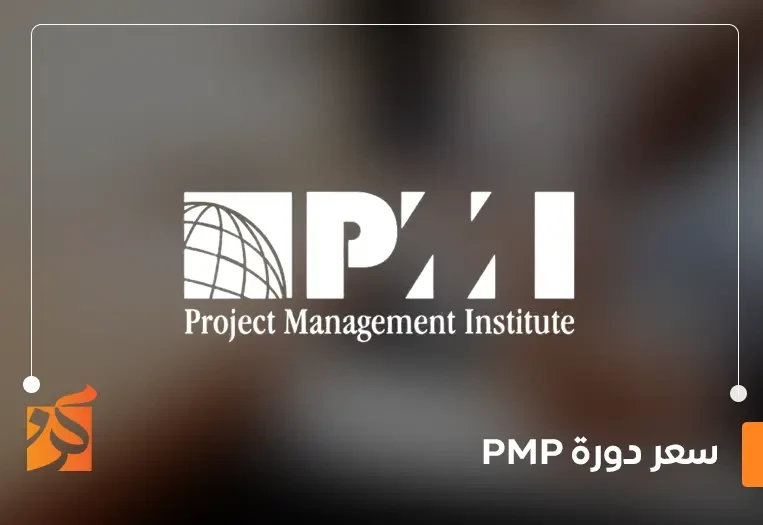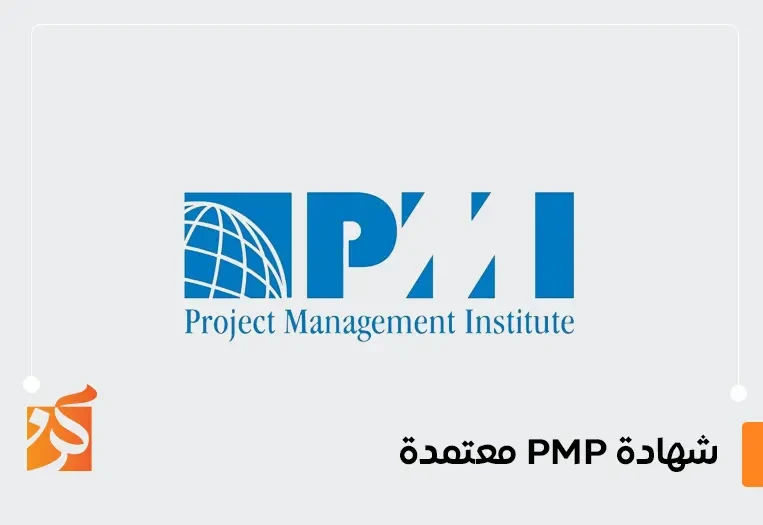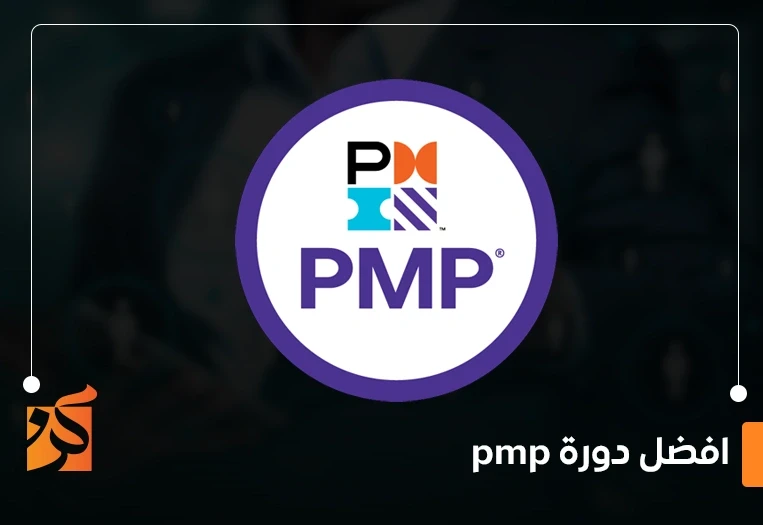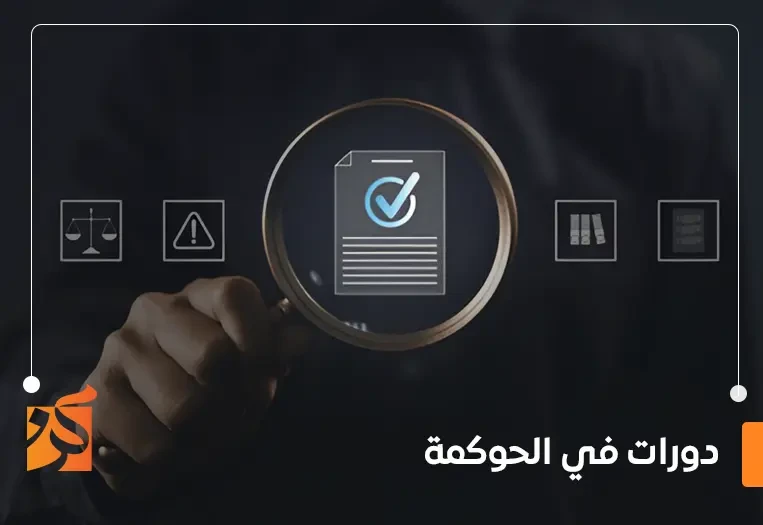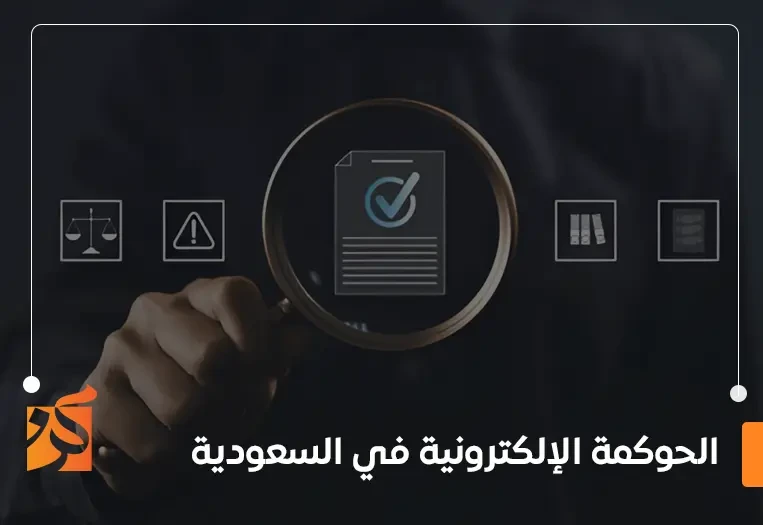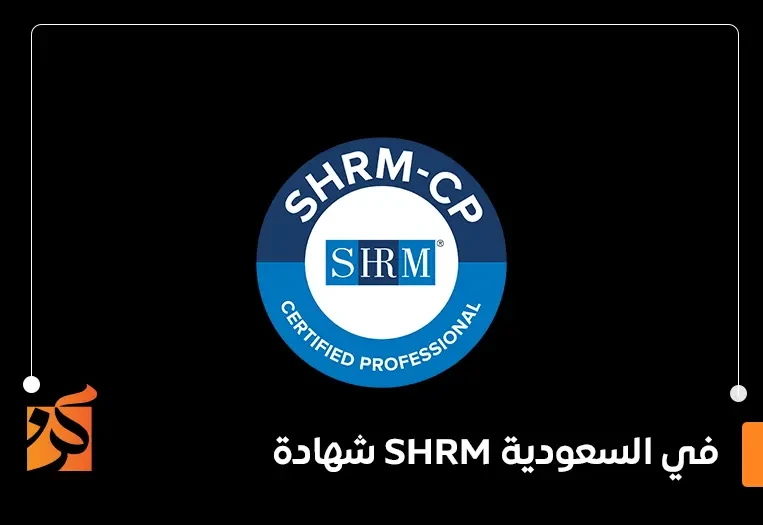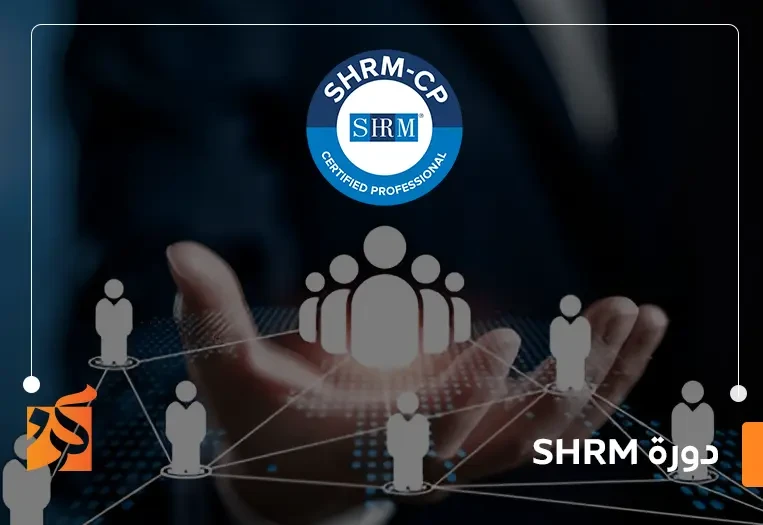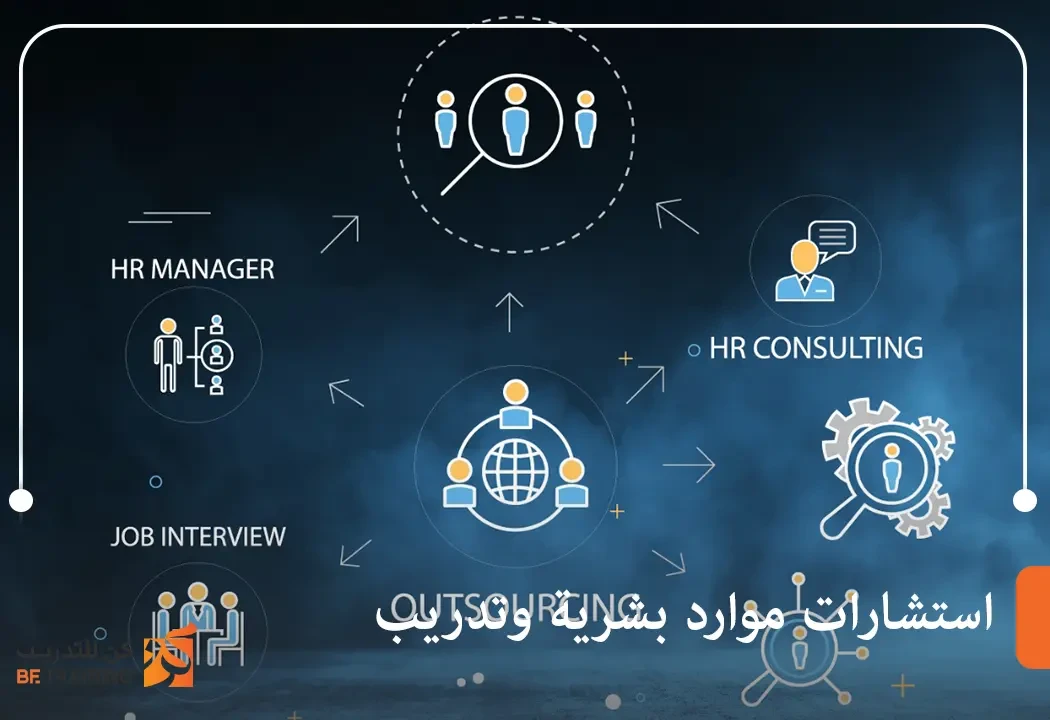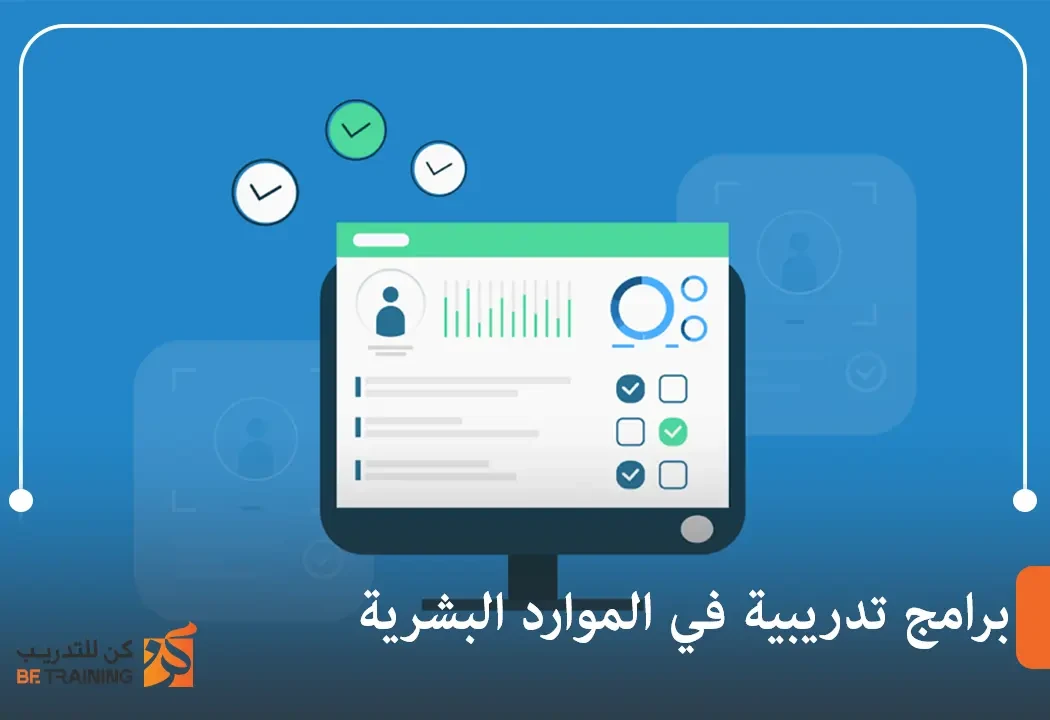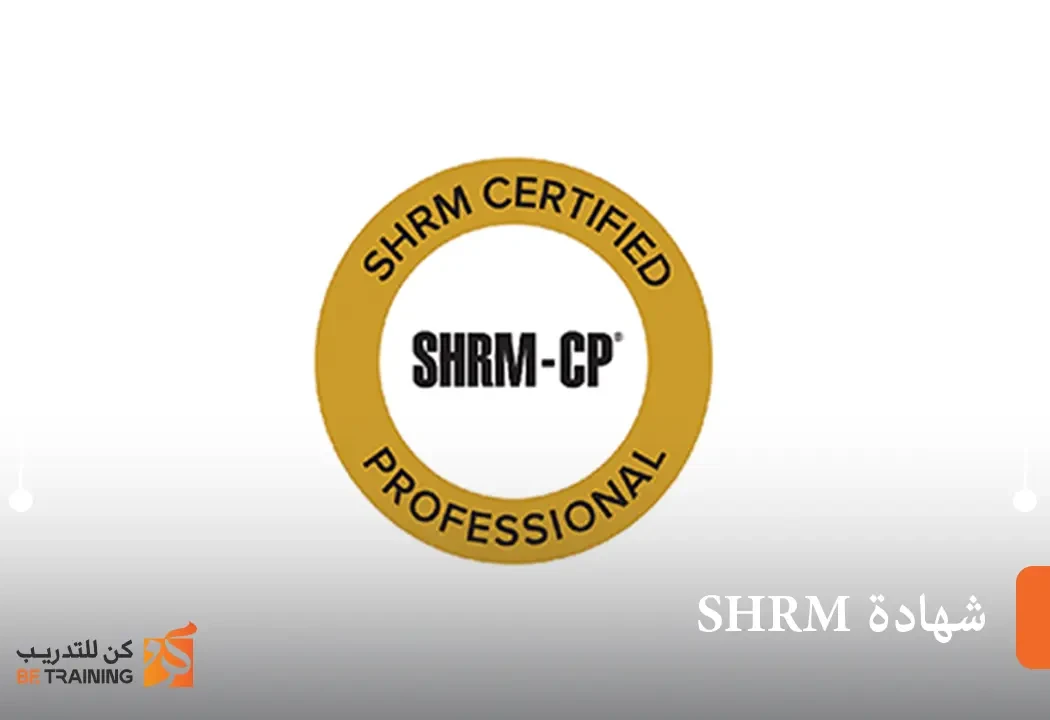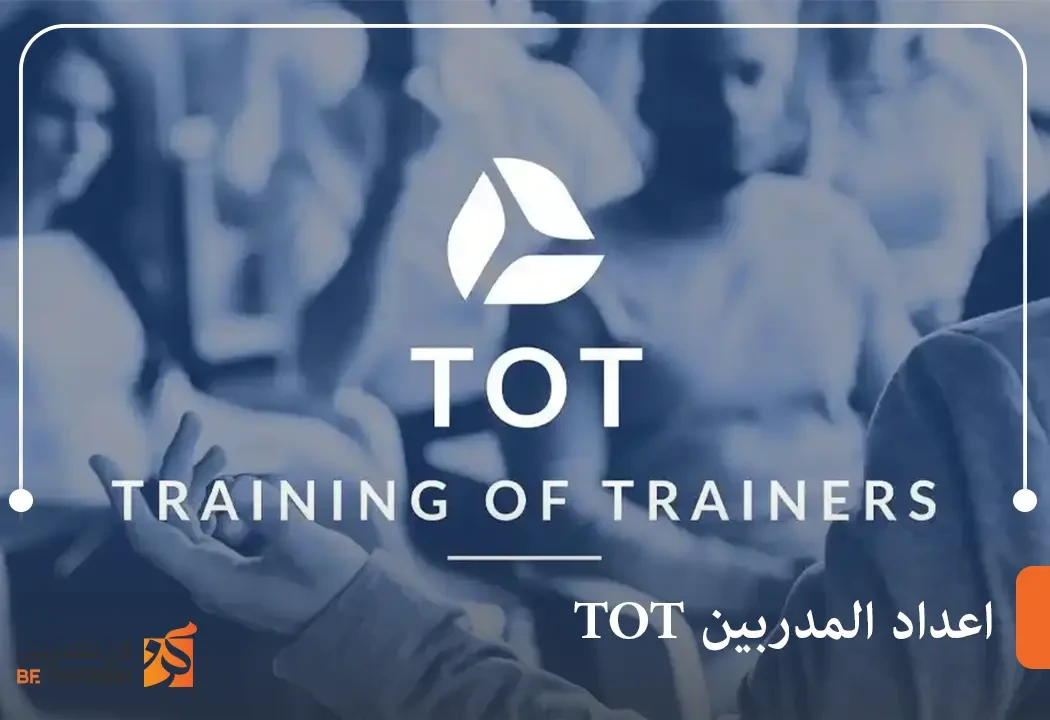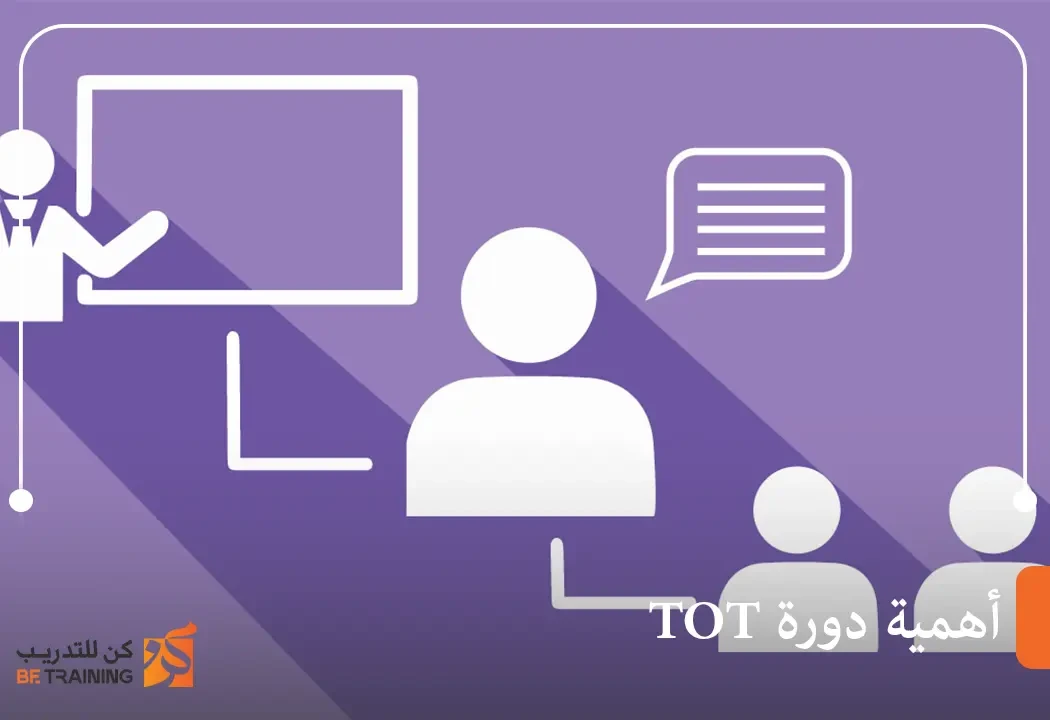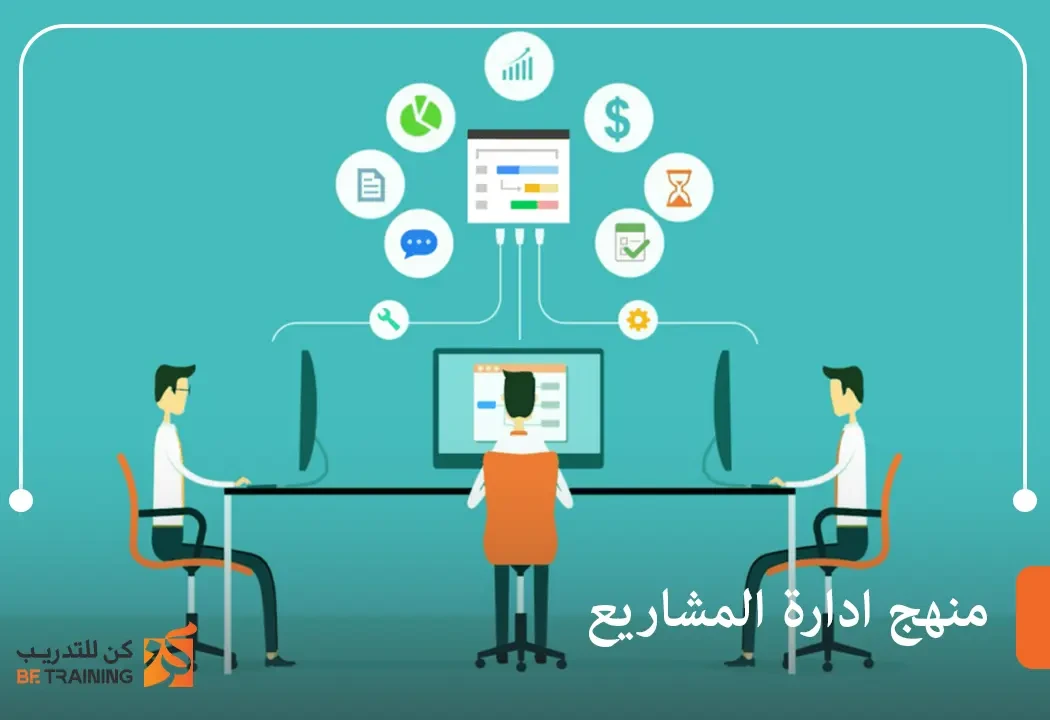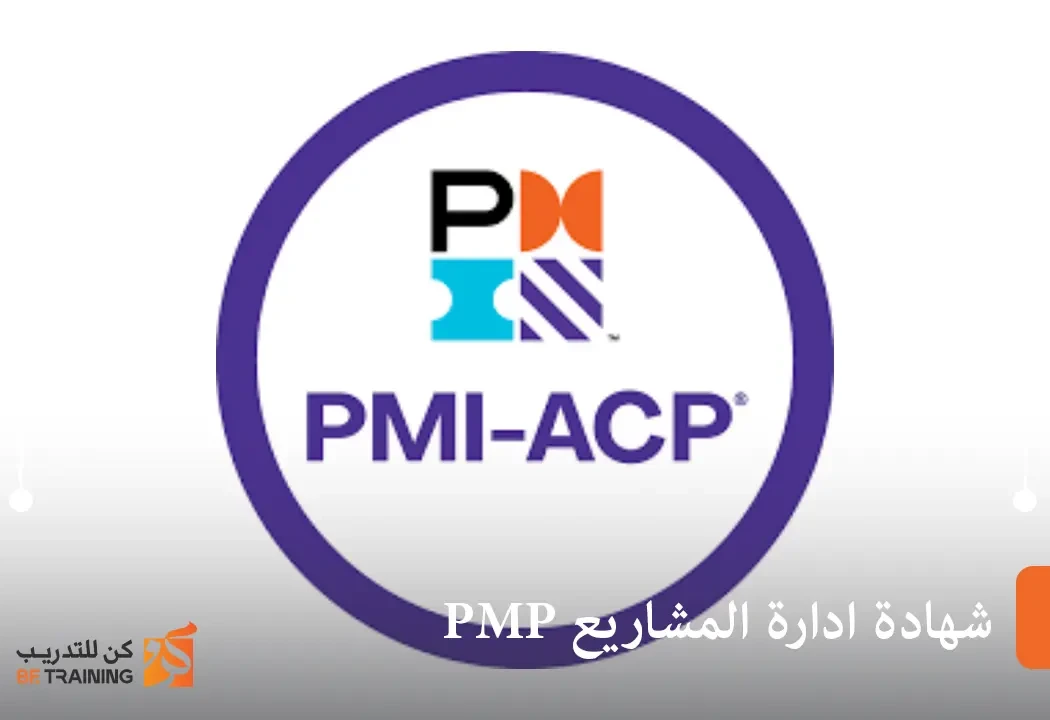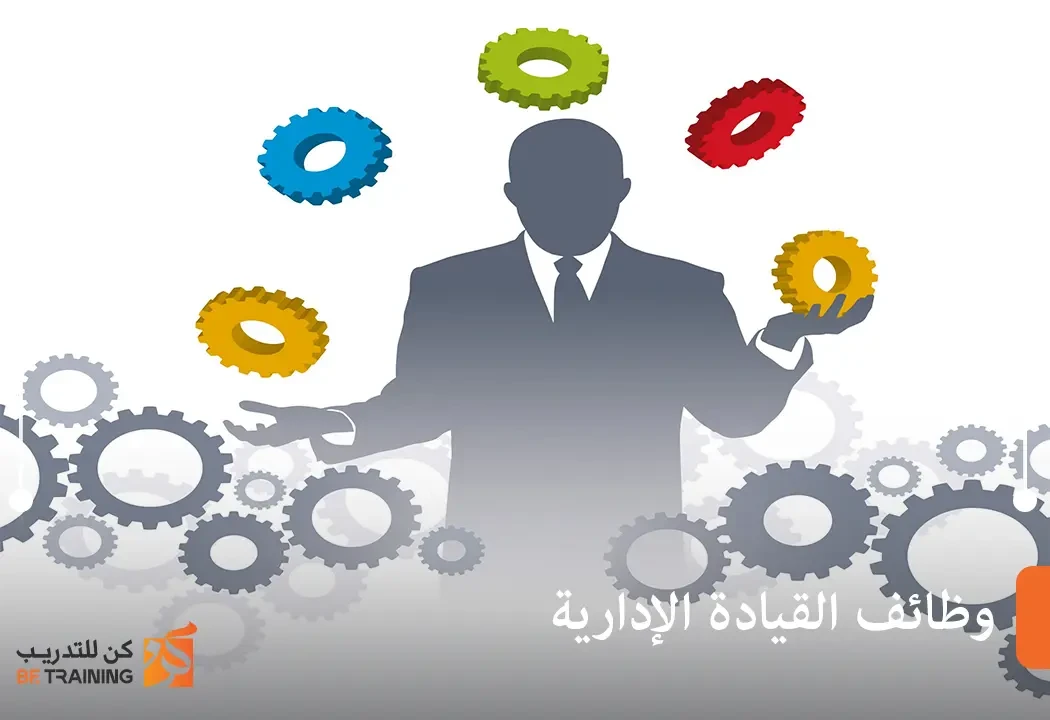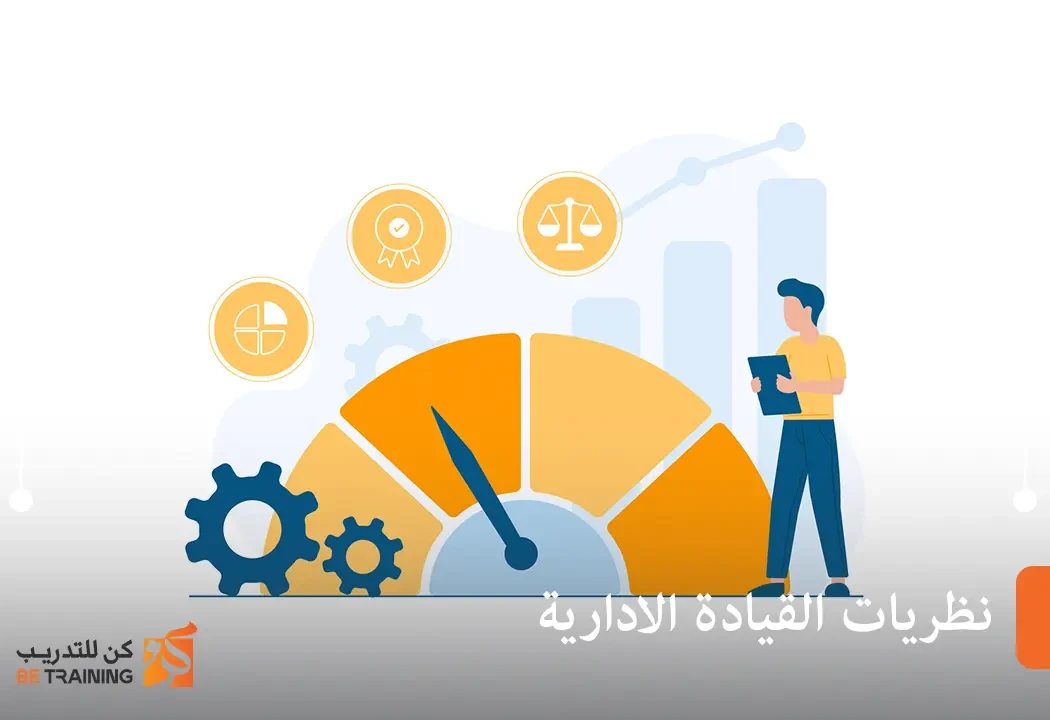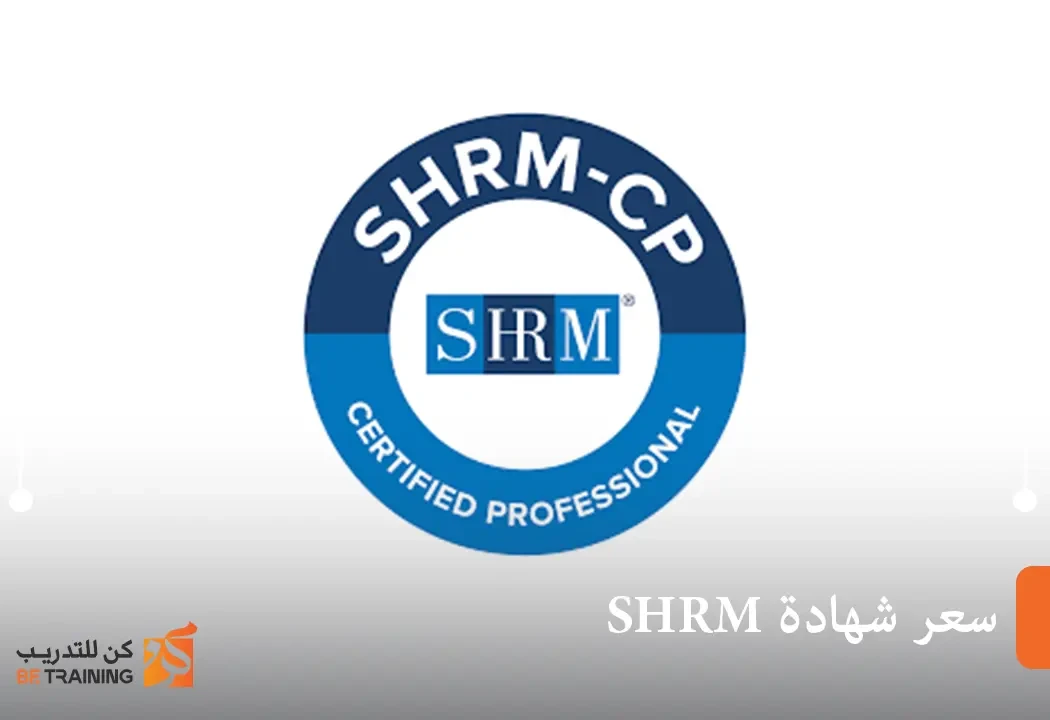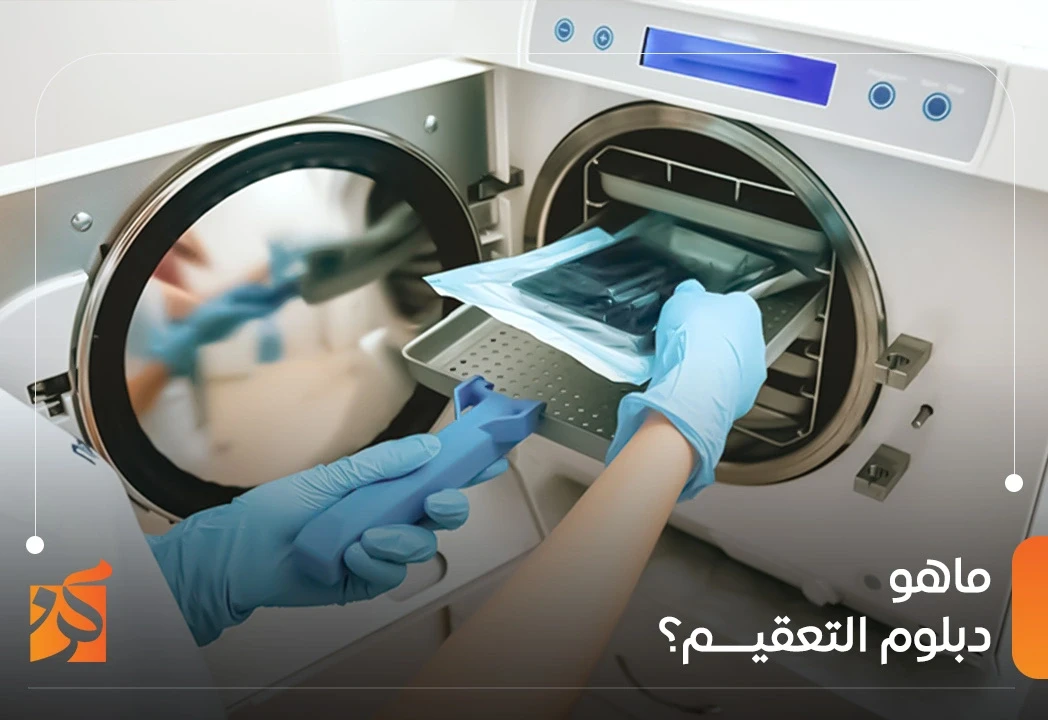
Have you ever wondered what a Sterilization Diploma is? In a world increasingly reliant on technology and medical innovations, sterilization emerges as a critical component in ensuring health safety. This is where the Sterilization Diploma plays a vital role, bridging the gap between the use of medical equipment and effective treatment. This specialization goes beyond merely learning how to sterilize tools; it also encompasses applying the latest methods and techniques to maintain a contamination-free healthcare environment.
If you’re seeking a career path that demands precision, attention to detail, and allows you to contribute to improving healthcare quality, a Sterilization Diploma might be the perfect choice. Join us to explore what a Sterilization Diploma is and how it can open new doors in the job market.
What is a Sterilization Diploma?
To answer the question, “What is a Sterilization Diploma?” it is a specialized academic and training program designed to qualify technical personnel to perform precise and safe sterilization of medical and surgical tools and equipment. This specialization ensures adherence to the highest safety standards and infection control in hospitals and healthcare institutions, contributing to the protection of patients and healthcare workers.
Sterilization Diploma Programs in Saudi Universities
Saudi universities, such as King Abdulaziz University and others, are among the leading institutions offering Sterilization Diploma programs. These programs focus on equipping students with the theoretical knowledge and practical skills necessary to work in this critical field, emphasizing the latest technologies and internationally recognized standards.
The Importance of Sterilization in Infection Control
Sterilization is one of the key pillars of infection control in healthcare facilities, as it is an essential process for eliminating all forms of harmful microorganisms, such as bacteria, viruses, and fungi. Sterilization plays a crucial role in:
- Ensuring Patient Safety: Reducing the risk of hospital-acquired infections, which can lead to serious complications.
- Ensuring Successful Surgical Procedures: Properly sterilized surgical instruments are a prerequisite for minimizing post-surgery infection risks.
- Protecting Healthcare Workers: Safeguarding medical staff from exposure to infectious diseases during their work.
- Preventing Disease Spread: Helping to curb the spread of infectious diseases within hospitals and the broader community.
Challenges Facing the Sterilization Sector
Despite its importance, the sterilization sector faces several challenges, including:
- Emergence of Resistant Bacterial Strains: These require more advanced and effective sterilization methods.
- High Costs of Equipment and Materials: This can pose a financial burden on healthcare institutions.
- Shortage of Trained Personnel: The sector requires continuously trained and qualified staff to keep up with the latest technologies.
- Advancements in Medical Technology: New medical tools and equipment demand specialized sterilization methods.
- Compliance with International Standards: Sterilization departments must adhere to strict and evolving international standards, requiring significant effort and follow-up.
Who is Eligible to Study for a Sterilization Diploma?
Sterilization Diploma programs target individuals with an interest in the healthcare and technical fields. The required qualities for applicants include:
- The ability to understand and apply various sterilization methods (e.g., steam, gas, and heat sterilization).
- The capability to operate and maintain sterilization equipment according to specifications and standards.
- Precision, accuracy, and a strong attention to detail.
- Good communication skills and the ability to work within a team.
Study Components of a Sterilization Diploma
A Sterilization Diploma program typically includes a diverse range of theoretical and practical subjects, such as:
- Medical terminology.
- Microbiology and infection control.
- Various sterilization methods and techniques.
- Principles of operating and maintaining sterilization equipment.
- Quality control and assurance standards.
- Occupational health and safety procedures.
- Computer skills and data documentation.
- Practical and field training in sterilization departments.
What Are the Main Responsibilities of a Sterilization Diploma Graduate?
A sterilization technician is a cornerstone of the healthcare system, tasked with precise responsibilities to ensure the safety of patients and medical staff. Their primary duties include:
- Ensuring Compliance with Infection Control Standards: Applying the highest safety and quality standards in central sterilization departments to prevent disease transmission.
- Implementing Approved Policies and Procedures: Following and updating work procedures in line with international standards and regulatory health requirements.
- Performing Decontamination and Sterilization: Efficiently handling surgical instruments and medical equipment to decontaminate and sterilize them, eliminating all contaminants safely.
- Contributing to Equipment Updates: Participating in the evaluation and updating of technical specifications for sterilization equipment and supplies in coordination with relevant departments.
- Teamwork and Coordination: Collaborating effectively with the healthcare team to ensure smooth and efficient operations within the sterilization department.
What Are the Job Opportunities After Graduation?
A Sterilization Diploma opens wide career prospects in the heart of the healthcare sector, qualifying graduates to work in diverse environments that require their expertise, including:
- Government Healthcare Institutions: Working in hospitals and centers affiliated with the Ministry of Health and other health authorities.
- Private Healthcare Sector: Joining private hospitals, medical centers, and companies supplying medical equipment and materials.
- Clinics and Polyclinics: Overseeing sterilization processes in specialized clinics, dental clinics, and private polyclinics.
- Commercial Sterilization Centers: Working in specialized centers providing third-party sterilization services to healthcare institutions.
Working in this field offers significant opportunities for gaining experience and professional development, with hands-on training enhancing the skills needed to handle various and complex cases.
Conclusion
In conclusion, the Sterilization Diploma is no longer just a technical job; it is the first line of defense in the healthcare system and a fundamental pillar in ensuring patient safety.







